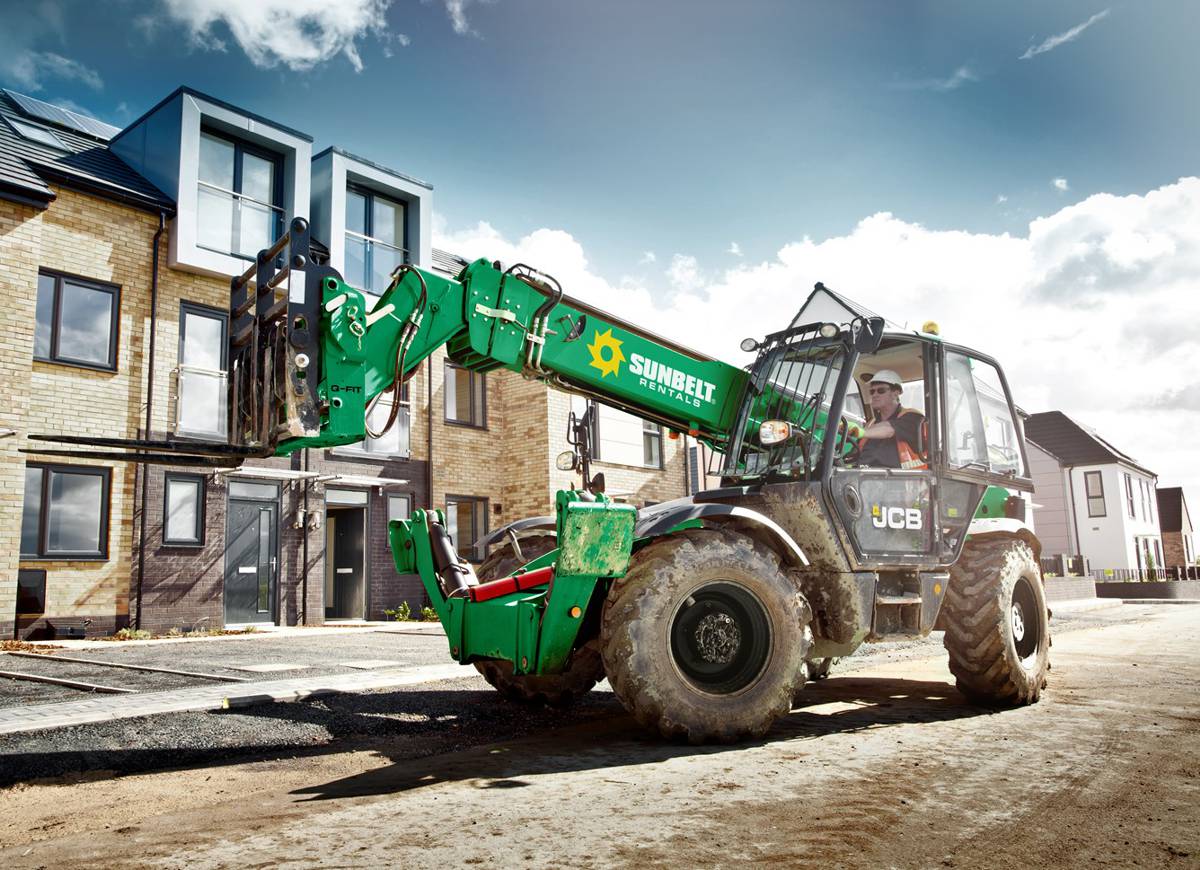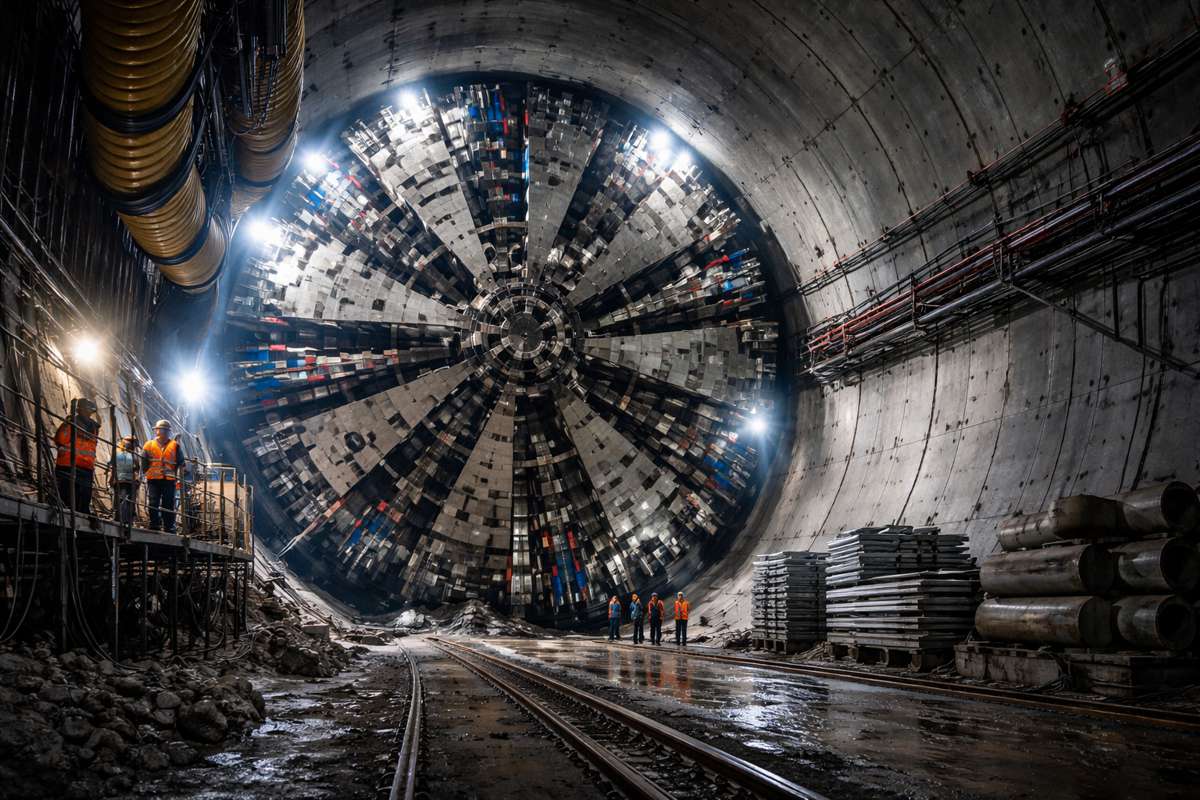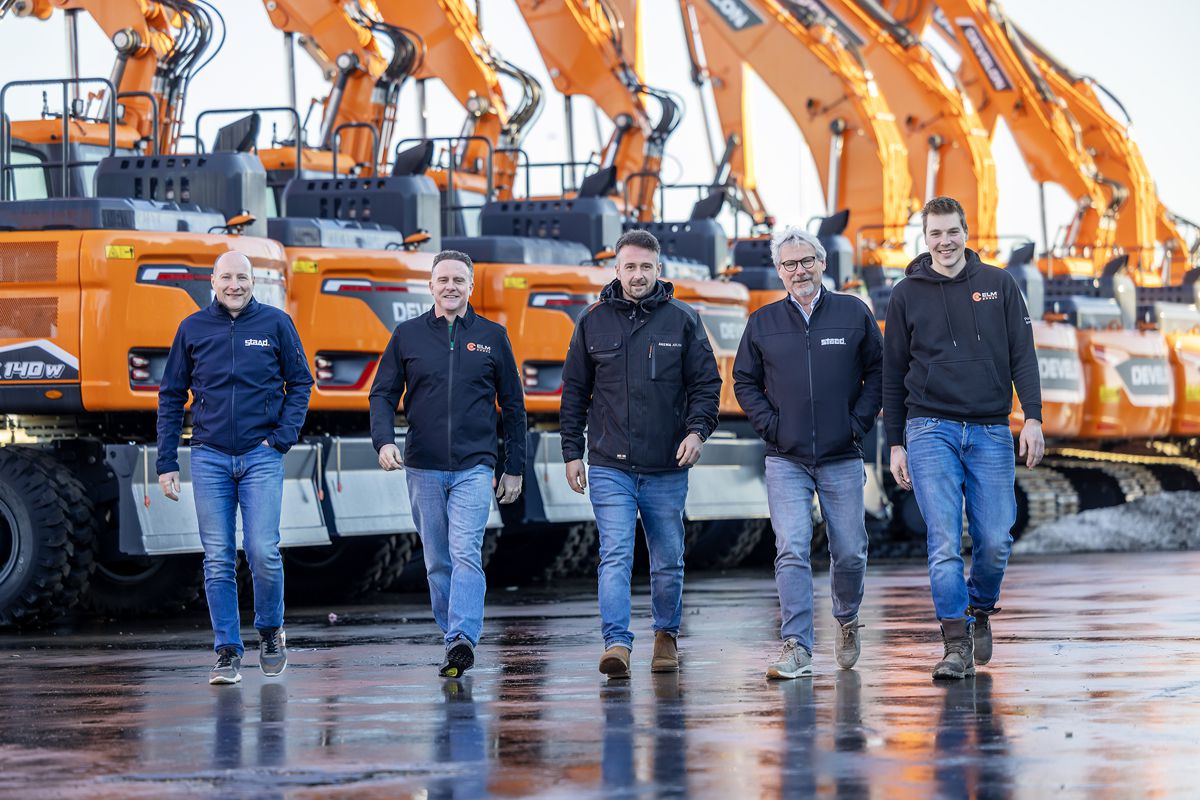Sunbelt Rentals the first Plant Hire Company to upgrade existing fleet with CESAR ECV
At Plantworx 2019, the CEA announced the launch of its biggest evolution of the CESAR scheme to date; the addition of Emissions Compliance Verification (ECV).
CESAR ECV takes the machine’s engine emission standard from the engines EU Type Approval number and displays it on a simple to read colour coded plate. CESAR ECV provides a quick and easy reference point where machines are working on sites where they are required to comply with Non-Road Mobile Machinery (NRMM) emission regulations.
The CESAR ECV system combines the technology behind the security marking scheme with an additional colour-coded plate showing the engine emission stage from stage 2 through to stage 5. All the information about the machine is then collated on a comprehensive, secure database accessible through a new ECV clearing portal. This information enables plant owners and operators, contractors and site managers to comply with any local policy or contractual obligation in place regarding machinery emissions levels.
Thanks to the success of the CESAR security scheme there is a large quantity of machinery that already has CESAR fitted that will require upgrading to the new ECV system. All systems must be fitted by an authorised CESAR dealer to ensure the correct systems are fitted to each machine.
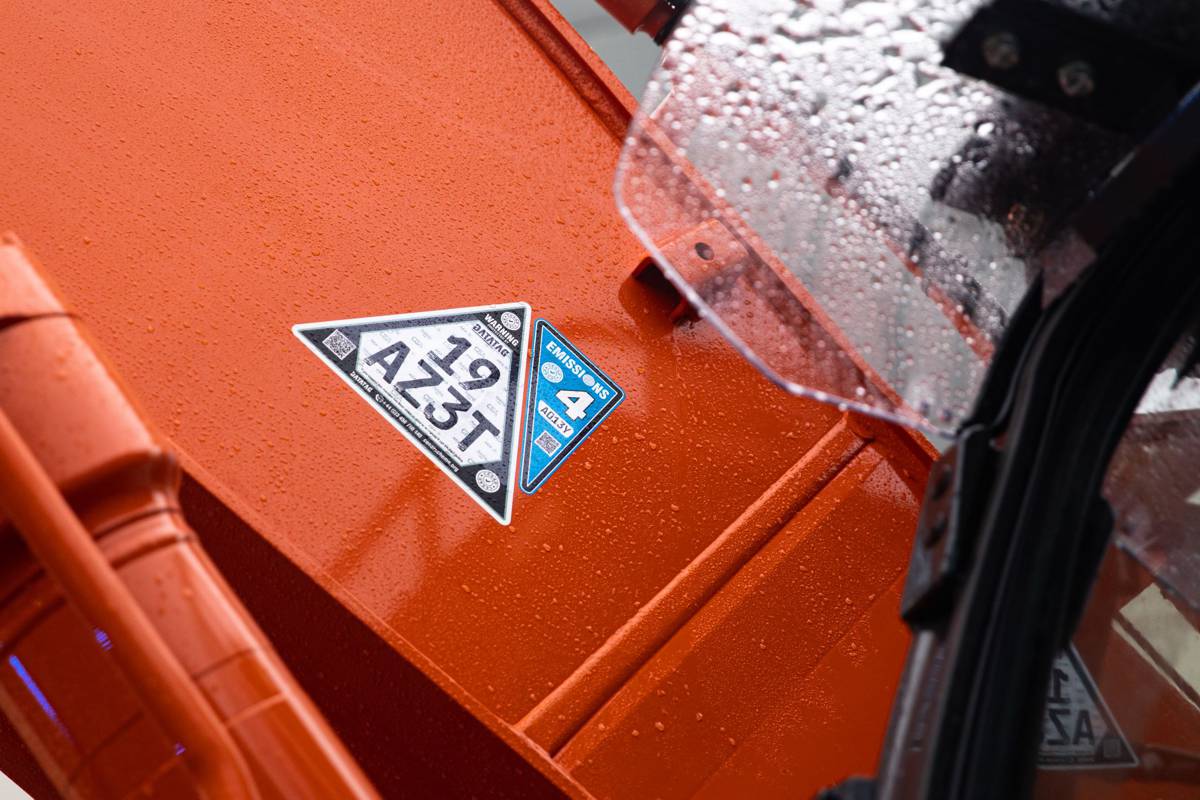
Sunbelt Rentals UK is the first plant hire company in the UK to adopt an ECV upgrade programme across its fleet. Sunbelt has placed 2021/2022 orders for stage V equipment spanning excavators, dumpers, telehandlers, compressors and rollers to the value of £55m.
Tom Welland, Sunbelt Rentals business development director HS2, said “As part of the HS2 supply chain Sunbelt Rentals recognise the need to report, easily, our Plant NRMM data to help achieve these targets. There is no universal recognition scheme for NRMMs, so currently it is a manual process to identify and ensure the correct policy is enforced. With a clear need for a simple system that could cut down in confusion, wrong deliveries, wasted time and money, as well as the risk of non-compliant plant being used, the CESAR ECV scheme created in partnership with the CEA (Construction Equipment Association), seemed the logical scheme to get behind and support.”
Sunbelt also recognise the need for the scheme outside of HS2. Tom added, “This retrofit of our existing fleet will not only benefit our HS2 customers, but it will allow us to ensure we have the most compliant fleet of plant when working in all major cities within the UK and forms part of our wider sustainability strategy.”
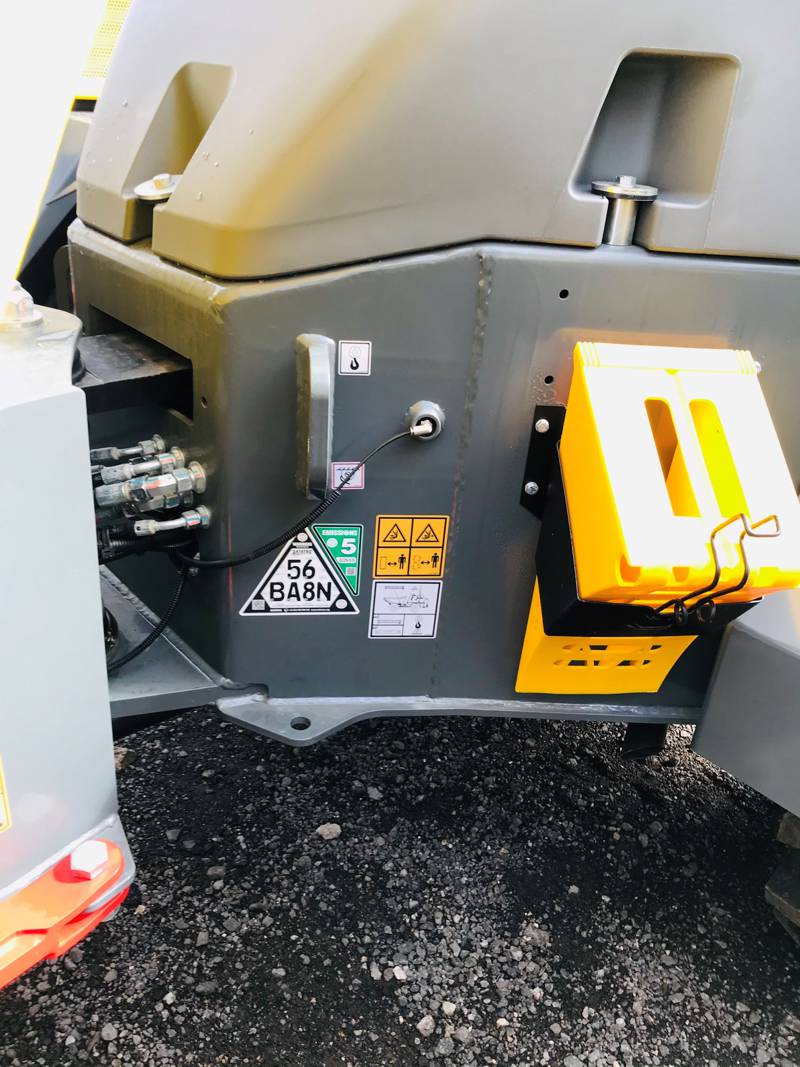
Industry unitedly recognises value of scheme.
As the UK emerges from the pandemic the environment will increasingly dominate decisions around infrastructure and construction. They will result in Local Government clean air strategies being extended beyond road vehicles to include NRMM. Historically, with the exception of projects like HS2 and sites within the Greater London Authority area, emission from construction machinery was nothing more than a paragraph within the overall strategy.
That is all set to change as local authorities across the UK embrace the ‘Build Back Better’ philosophy and this is where ECV can become a simple but powerful tool to enable plant suppliers and manufacturers to play their part and ensure that only the cleanest machines work on the most environmentally sensitive sites.
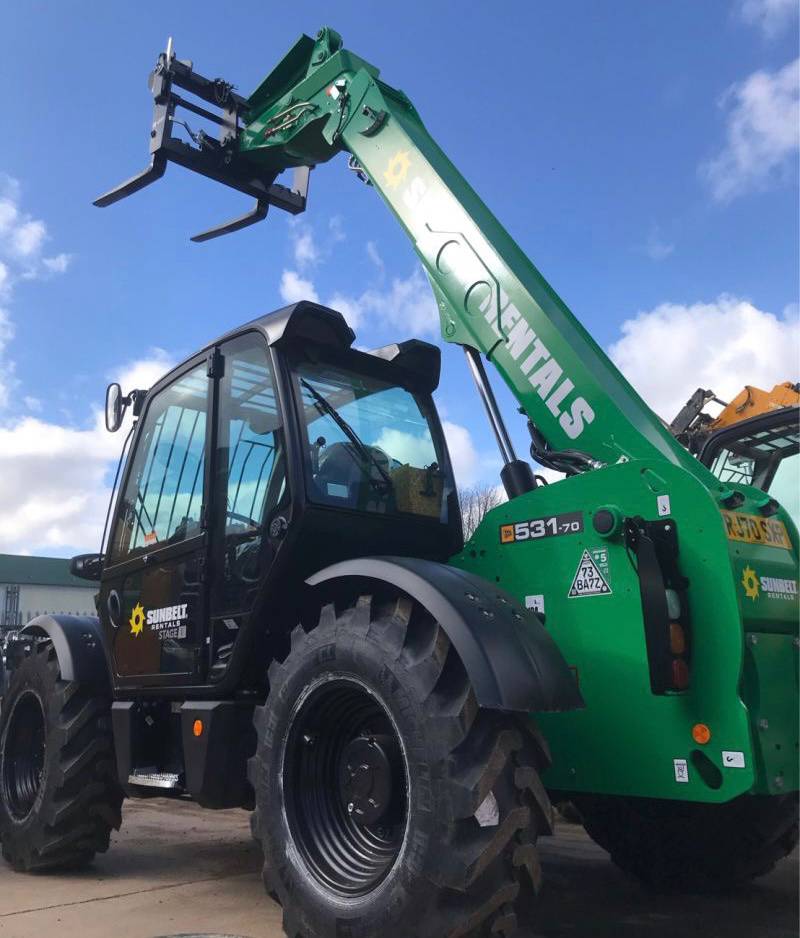
Manufacturers across the construction industry recognise the value of the ECV scheme and the majority of the leading OEMs and machine dealers across the UK have signed up to install CESAR ECV across a range of their machines. Since the launch, JCB, Hitachi, Cat® Finning and SMT Volvo all fit the scheme to new machinery as standard.
JCB and Hitachi were among the first manufacturers to fit the CESAR ECV scheme as standard in early 2020. David Roberts, CEO of Hitachi Construction Machinery (UK) said, “Helping our customers protect and optimise their Hitachi machines is an increasingly important element of our value proposition. CESAR is not only a proven theft deterrent; the addition of the Emissions Compliance Verification gives our machines a visible and traceable identity in regard to which emission stage they comply with.”
Rob Oliver, chief executive CEA – “Air quality and the environmental impact of construction machines is one of the dominant themes in our work at the CEA. CESAR ECV has really taken off from small beginnings as shown by our partnerships with leading OEMS, HS2 and Balfour Beatty. I see CESAR as the go to resource for checking machine provenance and compliance for a range of applications in the future”.
